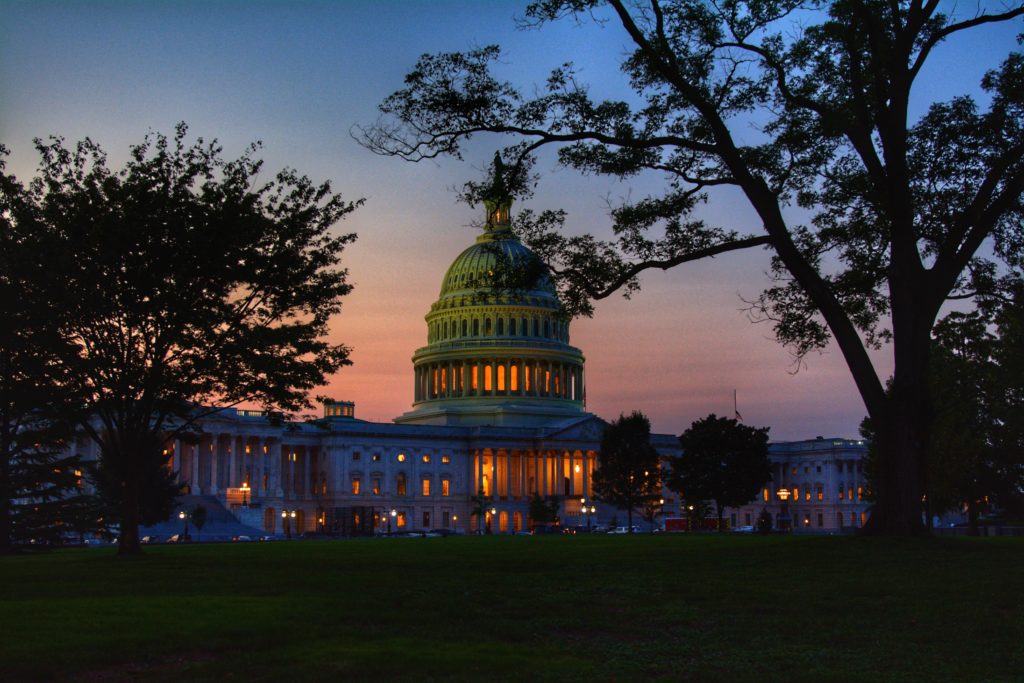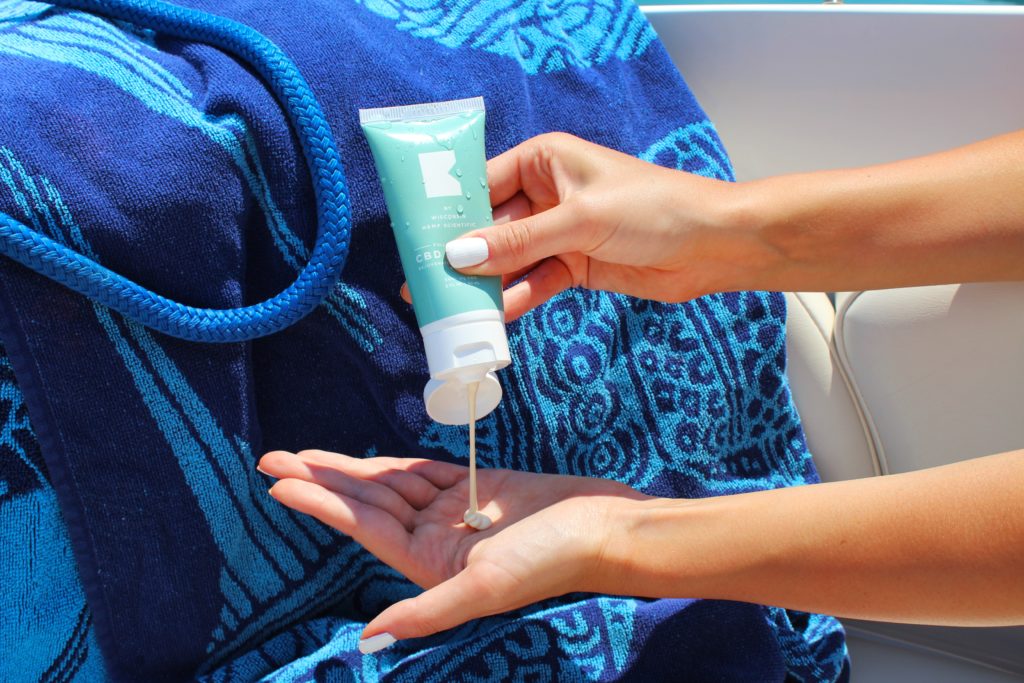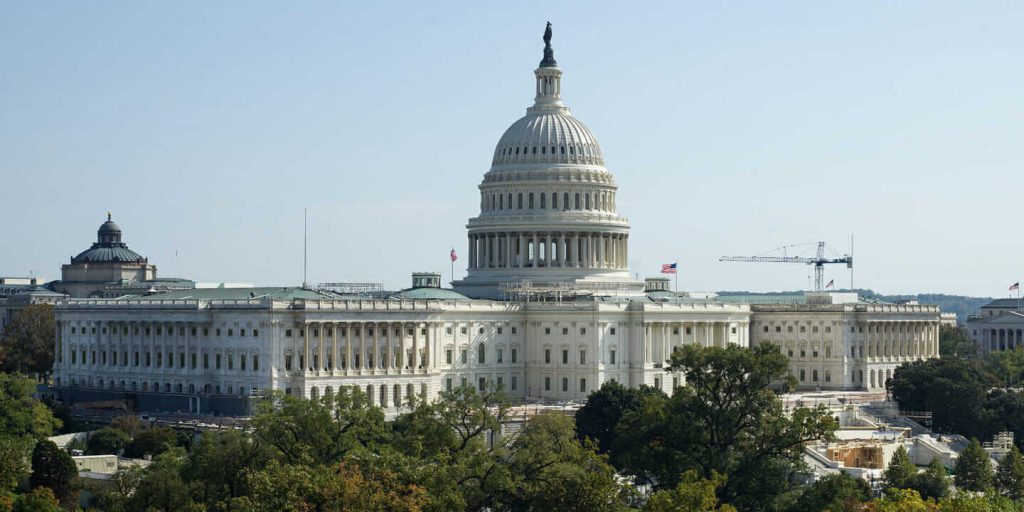Medicare Physician Payment Cuts Halted by U.S. Senate

Earlier this month, President Joe Biden signed legislation passed by the U.S. Senate into law that halted Medicare physician payment cuts. Originally scheduled to go into effect on January 1, the payment cuts would have severely impacted physicians.
Alongside a host of other state medical associations and physician organizations, the American Medical Association (AMA) and the Arizona Medical Association (ArMA) worked diligently to advocate against Medicare physician payment cuts.
According to the AMA, the legislation will cause:
- A three month delay (January 1- March 31) in continuing the 2% Medicare sequester, followed by a reduction to 1% for three months (April 1-June 30);
- A increase in the Medicare physician payment schedule of 3% for the period of one year;
- A year-long pause in the cuts to the clinical lab fee schedule; and
- A year-long pause in the Medicare radiation oncology demonstration.
Additionally, the bill will erase the 4% Medicare PAY-GO cut and prevent any additional PAY-GO cuts through 2022.
Click here to learn more.
Read MoreFirst E-Cigarette Authorized by FDA

The Food and Drug Administration (FDA) has given authorization to the nation’s first electronic cigarette. The agency cited the potential benefits to individuals struggling with an addiction to smoking as the primary reason for the authorization.
The approval only applies to Vuse’s Solo e-cigarette, which is manufactured by R.J. Reynolds, and its tobacco-flavored nicotine cartridges. The approval comes as a result of the FDA’s broad review of the millions of e-cigarettes sold in the U.S.; the agency rejected many of the products it reviewed due to the possibility that they would appeal to children.
For the past decade, e-cigarettes and other vape products have been sold in the U.S. with “minimal government oversight or research.”
The FDA is still reviewing products from major vaping companies, including Juul.
Click here to read more.
Read MoreFDA Moves to Improve Safety of Sunscreens

Last week, the Food and Drug Administration (FDA) took action to improve the quality, safety, and efficacy of sunscreens on the market in the U.S. The changes included revisions and updates pertaining to requirements for SPF values, active ingredients, product labeling, and more.
“Sun safety is important for everyone, regardless of your skin tone. Americans can reduce risks from sun exposure with continued use of sun protection measures including broad spectrum sunscreen with SPF values of at least 15,” said Acting FDA Commissioner Janet Woodcock, M.D. “Today’s activities represent a key milestone in our implementation of transformative new authorities related to OTC drugs that will allow us to continue ensuring that sunscreens are safe and effective for frequent, life-long use and provide consumers with the protection they expect from these products. We are committed to using our new authorities to help meaningfully advance innovative, safe and effective options for consumers and secure a robust OTC marketplace.”
Janet Woodcock, MD, Acting FDA Comissioner
The FDA’s updates and revisions were made as part of the implementation of “new authorities for certain over-the-counter (OTC) drugs… The 2020 Coronavirus Aid, Relief, and Economic Security (CARES) Act reformed and modernized the way sunscreens marketed without approved applications are regulated in the U.S… [and] sets the current requirements for marketing these OTC sunscreen products.”
Read MoreCDC Director Endorses Boosters for Some Americans

Rochelle Walensky, director of the Centers for Disease Control and Prevention (CDC), endorsed a panel of advisers’ recommendations for booster shots of Pfizer-BioNTech’s COVID-19 vaccine late last week. The advisers recommended that booster shots “be offered to people 65 and older, nursing home residents, and those ages 50 to 64 who have… underlying health problems.”
The panel also considered offering the booster shot to people at risk due to their occupation, such as healthcare workers and teachers, but ultimately voted against including them. Walensky went against the panel’s counsel and included adults at risk due to their occupation in her recommendation.
Following Walensky’s endorsement, the Arizona Department of Health Services (ADHS) issued a statement about the recommendation. The news release confirms that “federal officials are recommending that Arizonans 65 and older, residents of long-term care facilities, and those ages 50 to 64 with underlying medical conditions get a booster dose of the Pfizer COVID-19 vaccine if they are at least six months past their second shot. In addition, CDC guidance says those ages 18 to 64 in high-risk professional and institutional settings and those ages 18 to 49 with underlying medical conditions may get a booster dose of Pfizer at least six months after their second shot, based on their individual benefits and risks.”
The release goes on to clarify that the “recommendation involves only those who were vaccinated with the Pfizer/COMIRNATY vaccine. Decisions are pending whether boosters will be recommended for those who received the Moderna and Johnson & Johnson/Janssen vaccines.”
Don Herrington, interim director of ADHS, assured Arizonans that there are plenty of Pfizer COVID-19 vaccine doses available in Arizona to accommodate individuals getting a booster shot and those being vaccinated for the first time: “Rest assured there is plenty of Pfizer vaccine in Arizona to accommodate not just those needing booster doses but those who need their first doses… Our primary focus remains helping unvaccinated Arizonans make the lifesaving choice to take advantage of safe, free, and highly effective COVID-19 vaccines.”
Additionally, ADHS encouraged Arizonans seeking guidance on whether they should receive a booster dose at this time to consult with their physician or healthcare provider. Click here to view the full press release.
Read MoreFDA Takes Action to Block Vape Products

According to an article by Medscape, the U.S. Food and Drug Administration (FDA) ordered the removal of millions of e-cigarette products from the public market late last week. The administration had over 6 million pending applications requesting the approval of new tobacco products including e-cigarettes and liquid vape. Within the last year, the administration reviewed 93% of the applications and “rejected more than 946,000 flavored vape products ‘because their applications lacked sufficient evidence that they have a benefit to adult smokers sufficient to overcome the public health threat posed by the well-documented, alarming levels of youth use of such products.'”
The agency is still reviewing products sold by “leading retailers such as Juul, the country’s largest e-cigarette maker,” citing the need for more time to “‘ensure that [they] continue taking appropriate action to protect our nation’s youth from the dangers of all tobacco products, including e-cigarettes, which remain the most commonly used tobacco product by youth in the United States.'”
The FDA has not given official approval to any e-cigarette product, meaning all e-cigarette products on the market are technically illegal. Read more »
Read MorePresident Takes Action to Up Vaccination Rate

On Thursday, President Joe Biden issued an executive order requiring COVID-19 vaccinations for staff members at all healthcare facilities that receive federal funding. According to the White House, this would cover more than 17 million employees in total. Under the new rules, these employees won’t have the option to get routinely tested as an alternative to being vaccinated.
Among other things, the new policy implements a COVID-19 vaccine mandate for all hospitals and other facilities that receive Medicare or Medicaid funding — about 50,000 healthcare providers in total. Biden’s plan also involves an emergency requirement that companies with more than 100 employees require workers to be vaccinated or get tested weekly.
These new requirements are part of a larger plan to stop the spread of COVID-19, which Biden unveiled Thursday afternoon. The effective date of the various rules implementing these vaccine mandates varies depending upon the federal agency involved, so stay tuned for further updates.
Read MoreDelta Variant of COVID-19 Grips the Nation

According to Rochelle Walensky, Director of the Centers for Disease Control and Prevention (CDC), the Delta variant of COVID-19 now accounts for 83% of reported and sequenced cases in the U.S. The variant, also known as B.1.617.2, is more contagious than other strains; “The World Health Organization (WHO) has called this version of the virus ‘the fastest and the fittest” (Yale Medicine).
In the last two weeks, the estimated rate of COVID-19 cases stemming from the Delta variant increased by more than 30%. This rate of increase is undoubtedly fueled by lagging vaccination rates nationwide; only half of all eligible Americans have been fully vaccinated.
Officials continue to impress the importance of getting vaccinated, citing CDC data that shows 99.5% of COVID-19 deaths occurred among unvaccinated individuals (The Hill).
Click here to learn more.
Read MoreMore Americans Enrolled in Medicaid Than Ever Before

As reported by The Washington Post, the number of people in the U.S. depending upon the federal and state healthcare insurance coverage program — Medicaid — has reached an all-time high. Data shows that over 80 million individuals are now enrolled in the program for those with limited income and resources. This data comes from the Centers for Medicare and Medicaid Services’ (CMS) recent report, made public on Monday.
The inflation of Medicaid enrollment can be traced to the COVID-19 pandemic which left many Americans unemployed and uninsured. However, officials say the growth of the program can also be attributed to the stipulations of the first COVID-19 relief law. Passed by Congress in 2020, the law funneled money to the states for Medicaid costs. Alongside the funds came the expectation that no one would be removed from Medicaid rolls until the COVID-19 public health emergency ended.
In under one year, enrollment surged nationwide with nearly 9.9 million individuals signing up for Medicaid. In fact, more Americans are now enrolled in Medicaid than Medicare, the federal insurance program for those living with disabilities or aged 65 years or older.
Click here to read more from The Washington Post.
Read More